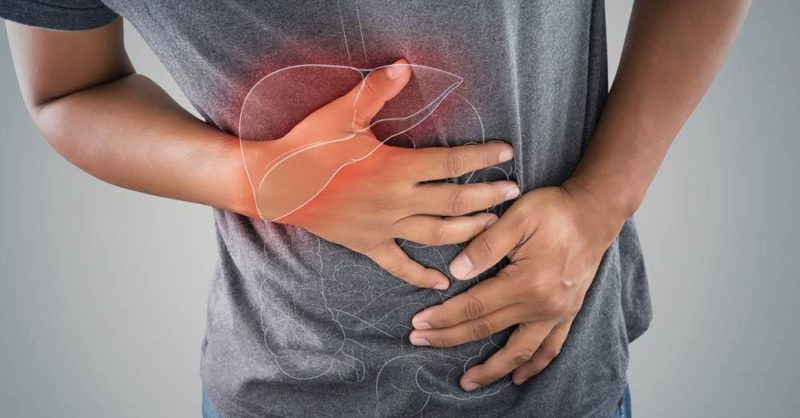Pancreatic Cancer
Pancreatic cancer begins in the tissues of the pancreas, an organ that plays an essential role in digestion and blood sugar regulation. It is often diagnosed at an advanced stage due to its subtle and nonspecific early symptoms.
Pancreatic cancer is a serious disease that develops in the pancreas, often leading to vague symptoms that delay diagnosis. Early detection is crucial for effective treatment. Dr. Arvind Kumar has expertise as the best pancreatic cancer doctor in Delhi, offering advanced care and personalized treatment plans to improve patient outcomes.
Signs and Symptoms of Pancreatic Cancer
-
Abdominal pain that radiates to the back
-
Loss of appetite or unintended weight loss
-
Jaundice (yellowing of the skin and eyes)
-
Light-colored stools or dark urine
-
New-onset diabetes or worsening of existing diabetes
Types of Pancreatic Cancer
The main types of pancreatic cancer include:
-
Adenocarcinoma: The most common type, starting in the cells that line the pancreatic ducts.
-
Pancreatic neuroendocrine tumors (NETs): Less common, these cancers start in the hormone-producing cells of the pancreas.
When to Consult a Doctor
If you experience persistent abdominal pain, jaundice, or unexplained weight loss, it is essential to seek medical advice promptly.
Causes
The exact cause of pancreatic cancer is not fully understood, but it is associated with several risk factors, including smoking, chronic pancreatitis, diabetes, and certain inherited genetic conditions.
Risk Factors Involved in Pancreatic Cancer
-
Smoking: Smokers are significantly more likely to develop pancreatic cancer.
-
Age: The risk increases with age, with most cases diagnosed in people over 60.
-
Family history: A family history of pancreatic cancer or certain genetic syndromes can increase risk.
-
Chronic pancreatitis: Long-term inflammation of the pancreas is a risk factor.
-
Obesity: Being overweight is associated with a higher risk of pancreatic cancer.
Pancreatic Cancer Diagnosis
Diagnosis may involve the following methods:
-
Imaging tests: CT scans, MRI, and endoscopic ultrasound are commonly used to visualize the pancreas.
-
Blood tests: Tumor markers such as CA 19-9 may be elevated in pancreatic cancer.
-
Biopsy: A tissue sample may be taken during an endoscopic procedure for definitive diagnosis.
Stages of Pancreatic Cancer
Pancreatic cancer stages range from 0 to 4:
Stage 0: Cancer is confined to the top layer of pancreatic duct cells.
Stage 1: Cancer is limited to the pancreas and is smaller than 2 cm.
Stage 2: Cancer has grown larger but is still within the pancreas, or has spread to nearby lymph nodes.
Stage 3: Cancer has spread to major blood vessels around the pancreas.
Stage 4: Cancer has spread to distant organs, such as the liver or lungs.
Treatment of Pancreatic Cancer
Surgical Intervention
Depending on the stage and location of pancreatic cancer, treatment options include:
-
Whipple procedure: The most common surgery for tumors in the head of the pancreas, involving removal of part of the pancreas, small intestine, and bile duct.
-
Distal pancreatectomy: Removal of the tail of the pancreas, sometimes including the spleen.
-
Total pancreatectomy: Complete removal of the pancreas, which may be necessary in some cases.
Localized Treatments
-
Radiation therapy: Targeted radiation can help shrink tumors or relieve symptoms in advanced cases.
-
Ablation: Techniques such as radiofrequency ablation can destroy cancer cells in the pancreas.
Systemic Treatments
-
Chemotherapy, targeted therapy, and immunotherapy can be used to treat pancreatic cancer, especially in advanced stages.
Palliative Care
-
Palliative care is vital for managing pain, digestive issues, and other symptoms to improve quality of life.
Prevention
To reduce the risk of pancreatic cancer, consider the following:
-
Quit smoking: Stopping smoking is one of the most effective ways to lower your risk.
-
Maintain a healthy weight: A balanced diet and regular exercise can help prevent obesity, a risk factor for pancreatic cancer.
-
Limit alcohol consumption: Excessive drinking can contribute to chronic pancreatitis, increasing the risk of pancreatic cancer.
-
Regular check-ups: Especially important for those with a family history of pancreatic cancer or genetic predispositions.
